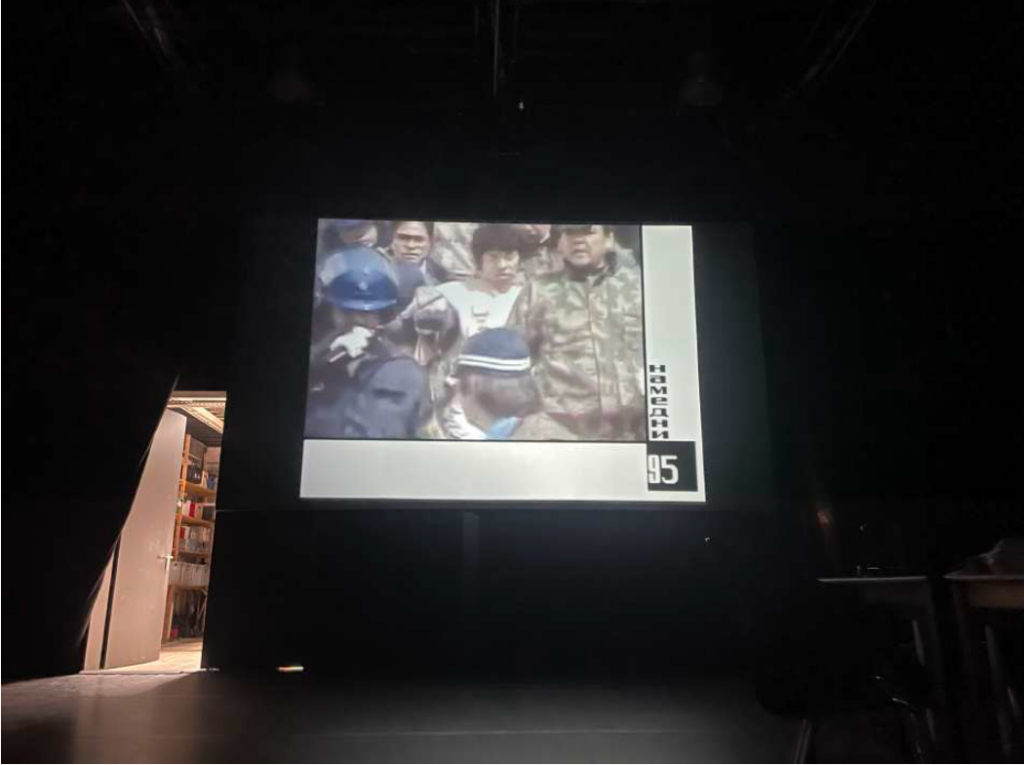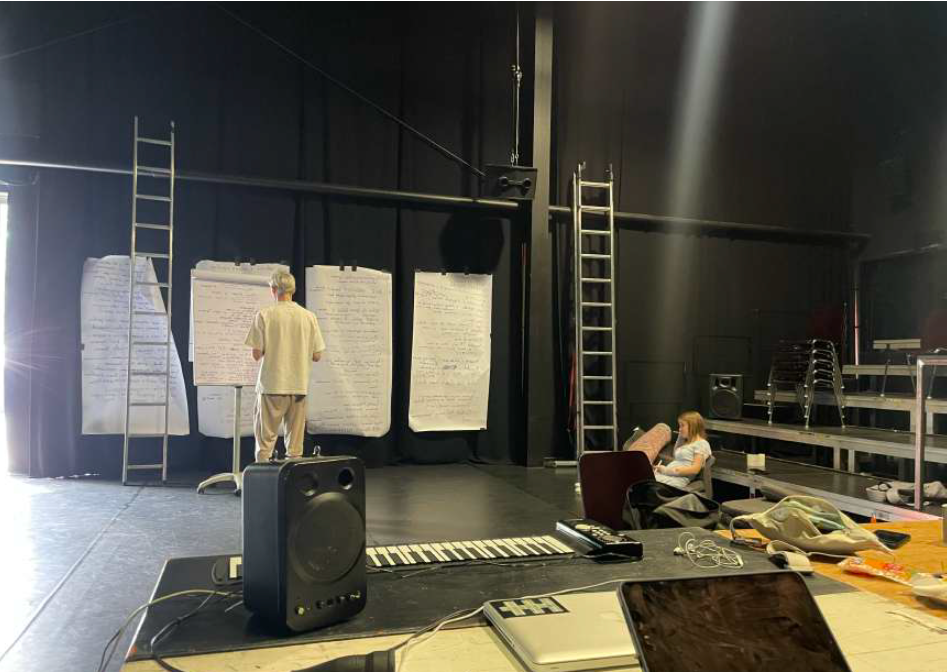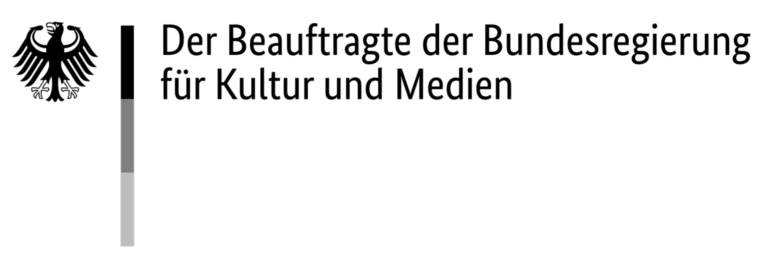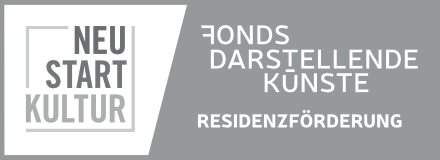
Today was the first day of our research.
We did a brainstorm of every idea we have in mind immediately writing it on the big papers on the walls. We wrote everything: from a certain performative aspects of our future “Making of” to just writing down the most important and shocking parts of Russian propaganda and Russian modern history in general.
Every person had a lot of ideas. Interesting, that the topic of our research is a pretty big gap of time from 2000 to today, but in the end it was hard not to just start talking about modern day and “the war” propaganda and our immigrant perspective on how we see the Russian society and government right now.
We have an idea, that propaganda takes what people love the most and use it in twisted way to control the masses. So we decided to put on paper every single thing that we love about Russia, it was a long list from general things like Russian theatre and music to a very personal thing like our families and friends.
I noticed that at some point the list deformed from “What we love about Russia” to “What Russian government took away from us”.
After that we watched the today’s morning TV news. The message that I got is that they try to comfort and calm down the population of our country. Every news was good like there was some incident with electricity, but it was solved very fast, soldiers on the war got the new drone type equipment (that actually looked very bad) the interviewed soldiers looked very clean and fine and of course they said that new drones work very well. It seemed by the news that the war goes in the empty field with couple of drones that fly with the bombs only in the direction of some empty houses.
Of course it’s clear, that lies is one of the main instruments of propaganda.

On the second day of our research first we had a zoom-meeting with our mentor Arnita. She told us about here experience of growing up in Latvia (as it was a part of USSR) and gave us good advise about trying to dig deeper in the biography and personalities of the main faces of Russian propaganda.
After the zoom-meeting we had a talk, during which we decided, that we need to know more about historical context of the “Putin’s rising”. The fact that our group knows so little about the 90s could be a huge problem in the future process of our research.
So we decided to watch “Namedni” by Leonid Parfenov. It is a TV program, that captures main historical events in Russia without judging it. One year – one episode (around 1 hour long). We started from 1991, cause it was the year of the end of the Soviet Union. After every episode we arranged a discussion, where we together we shared our thoughts and decided what are the most important historical events for our research and of course we put it on paper.
On the 18.07 we watched the episodes from 1991 to 1994 and on the 19.07 from 1994 to 1999. We were surprised, how much we didn’t know about the 90s. It has become so clear what are the reasons behind the “Putin’s rising”, how a man like that got a power he has. Interesting that even though we watched the same program and we have the same views on the situation, we still got into some kind of debates about the analogies and conclusions. It seems to me that history is like a book, every person gets the different meaning of the same words. It was crazy helpful and important to go through the 90s history. Now with the knowledge we have, finally we are ready to go into the “Putin’s era”.

by Vsevolod Kovalenko

flausen+headquarters
Alexanderstraße 124
26121 Oldenburg
flausen+gGmbH
Klävemannstraße 16
26122 Oldenburg
Das überregionale Netzwerk flausen+ wird gefördert von dem Beauftragten der Bundesregierung für Kultur und Medien über das Programm “Verbindungen fördern” des Bundesverbands Freie Darstellende Künste e.V.
Gefördert vom Fonds Darstellende Künste aus Mitteln des Beauftragten der Bundesregierung für Kultur und Medien im Rahmen von NEUSTART KULTUR.
Gefördert vom Fonds Darstellende Künste aus Mitteln des Beauftragten der Bundesregierung für Kultur und Medien.



